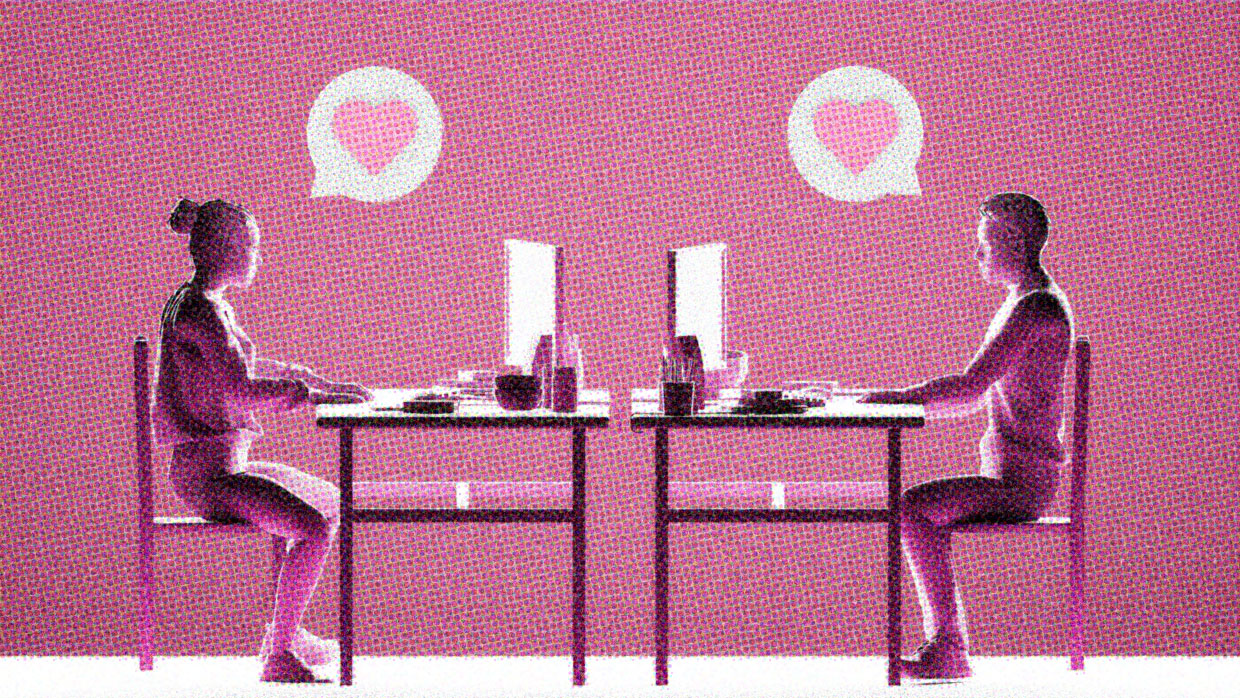
We read this piece in Forbes - "Why Dating Services Should Be An Employee Benefit" - and it got us thinking.
We’ve come a long way from the days when employee perks were just ping pong tables and free coffee (though at HUD App we have both, and we’re not mad about it). These days, the most forward-thinking employers are focusing on real wellbeing - offering support for fertility, mental health, financial coaching, and even friendship. So why is dating still seen as something separate from that conversation?
As Forbes contributor Soulaima Gourani puts it:
Imagine a workplace where employees are not only supported in their career growth but also in finding meaningful personal connections. This approach could significantly enhance employee happiness, reduce stress, and foster a more inclusive environment where individuals feel valued beyond their professional roles.
We couldn’t agree more.
Loneliness isn’t just a personal problem, it’s a workplace issue. According to a 2023 report by Cigna, more than half (58%) of adults in the U.S. report feeling lonely, and those who are lonely are more likely to miss work, experience burnout, and underperform.
And in a time when more people are working remotely, relocating frequently, and socializing less, meeting new people (romantically or otherwise) has become harder than ever.
That’s where dating support could make a meaningful difference.
We’re not saying companies need to start running internal matchmaking services (please don’t). But maybe it’s time to rethink what counts as a “serious” perk. Helping people form connections - whether that's covering the cost of a premium dating app, offering dating coaching as part of personal development, or simply acknowledging that romantic relationships are part of our wellbeing - could be one way to create a more human-centered work culture.
After all, people don’t leave their dating lives at the office door (or the virtual login screen). And employees who feel fulfilled socially tend to be happier, more engaged, and better able to bring their full selves to work.
Maybe it’s time we stopped treating love, connection, and romantic wellbeing as “extras”; things to sort out after hours, if there’s time. Just like stress, burnout, and loneliness show up at work, so does connection, confidence, and feeling cared for. When people feel emotionally fulfilled, they bring more energy, more empathy, and more creativity into everything they do, including their jobs.
Supporting employees’ personal lives doesn’t mean getting involved - it just means acknowledging that we’re all human, and connection matters. Not just on weekends, not just after work, but all the time. Romantic wellbeing isn’t a distraction from work. It’s part of what makes life feel meaningful. And when people feel good in life, they show up stronger at work. We think it's time to start building workplace cultures that understand that.
Read more
The HUD Love Club
What do women want? A deep dive into sex and romance novels
From Bridgerton to BookTok to Heated Rivalry, women's obsession with romance is telling us something – and it turns out the rest of the world is only just catching up.
